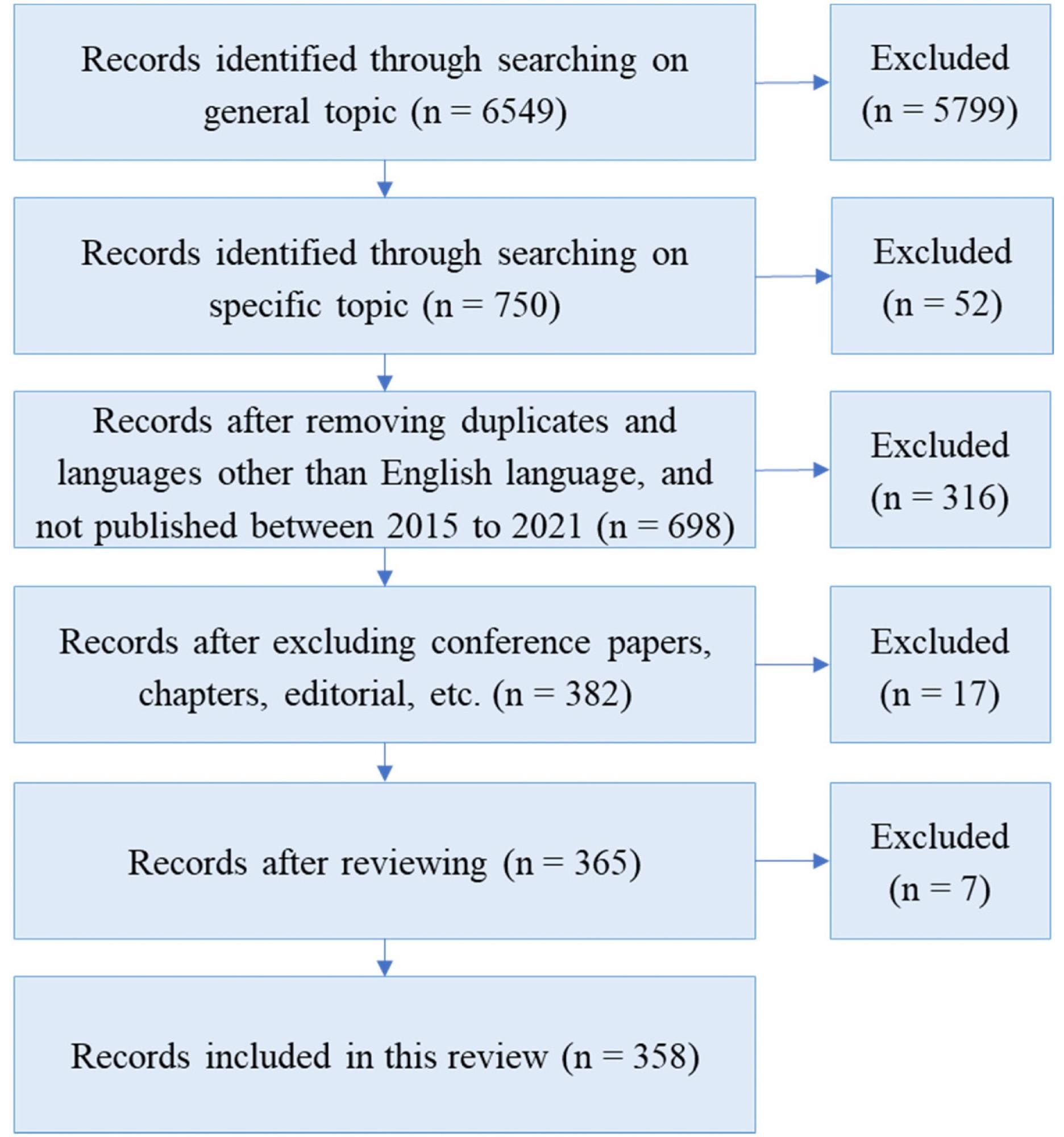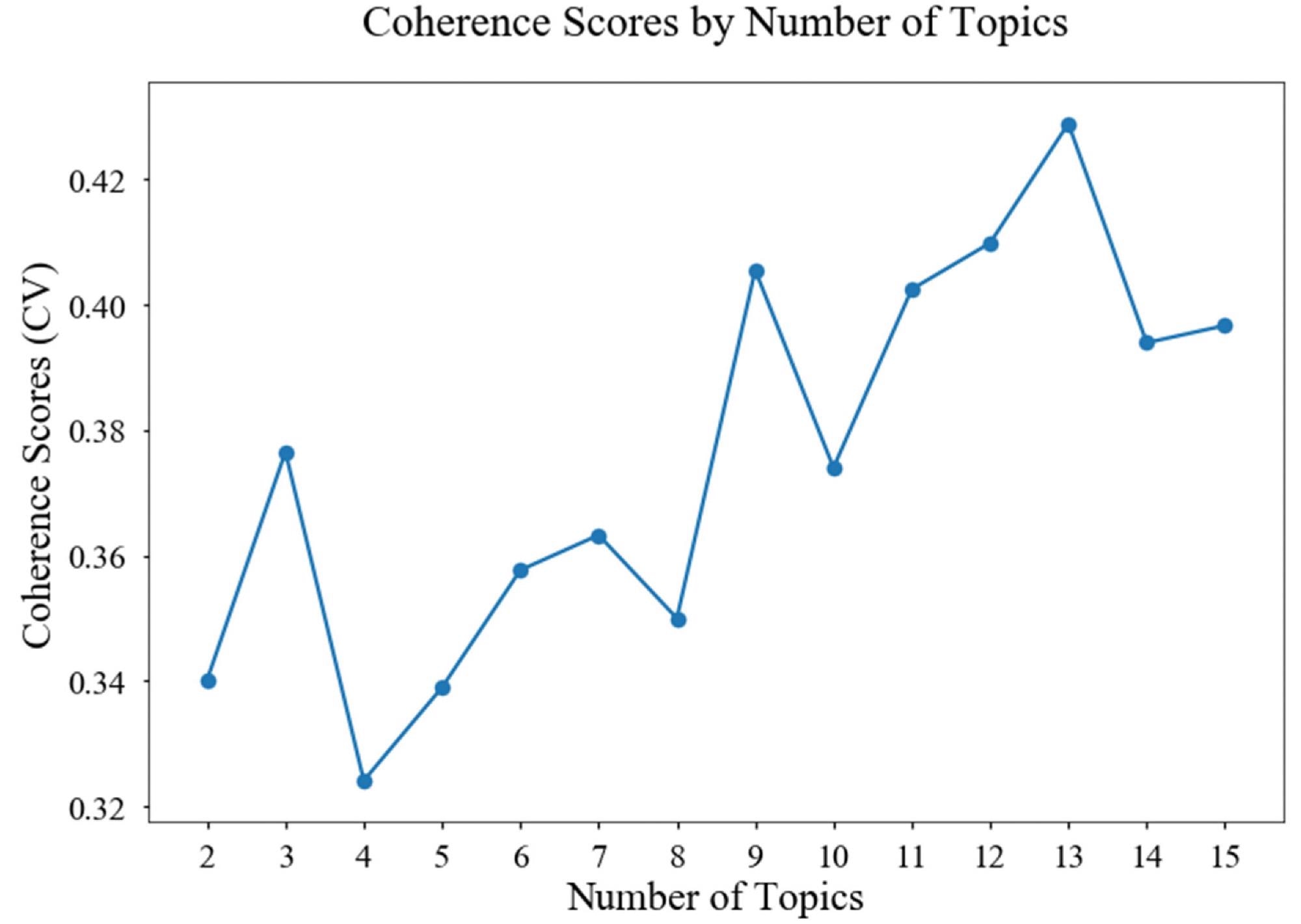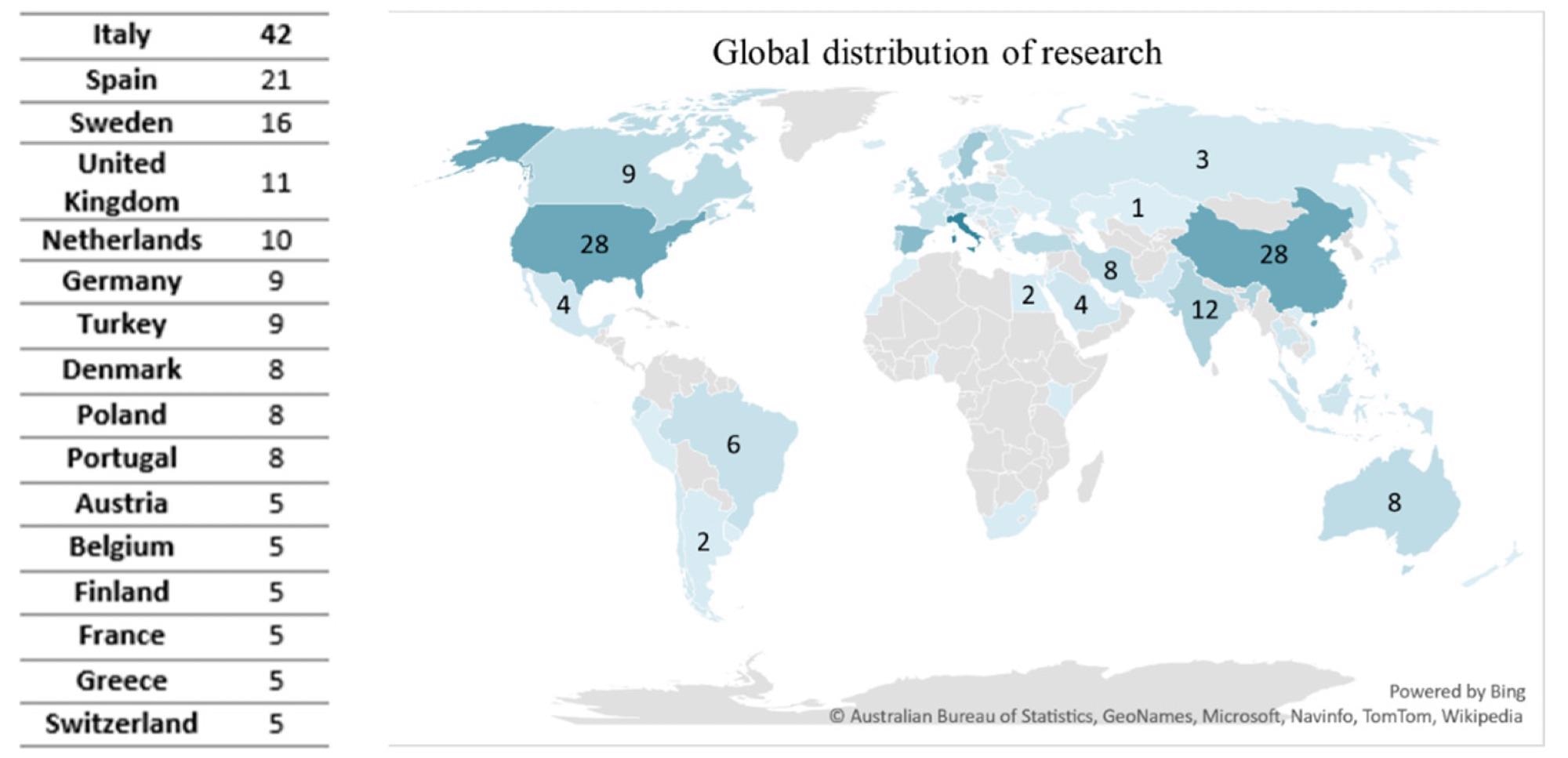Transportation and supply chain pollution are the key factors responsible for global warming. There is a 12 to 15 gigaton gap in 2030 emissions to limit global warming to 2oC, and a nearly 30 gigaton gap to limit global warming to 1.5 oC. To reduce the worst effects of climate change, governments worldwide are rapidly moving with the Paris Agreement commitments.
Specifically, to reduce the pollution caused due to transportation, many green infrastructure programs are implemented in different countries. Additionally, after the devastating effects of the COVID-19 pandemic on travel behavior and transportation infrastructure, a comprehensive approach to transportation could further help achieve sustainable development goals. In this regard, sustainable transportation could benefit sustainable development goals from a wide range of perspectives.

Extraction Process.
In the present study, case studies related to sustainable transportation were analyzed, and 33 key factors related to the topic were identified.
Methodology
Researchers used a systematic quantitative review method to identify and classify the studies associated with sustainable transportation. They selected this method to identify significant studies and ensure that all the essential factors were incorporated in the analysis.
Researchers followed a 14-step process to conduct the systematic quantitative review. The first step was to define the topic, followed by the formulation of research questions and the identification of keywords and databases. In steps three and four, relevant studies were selected, during which the Scopus database was used to find published research on case studies in sustainable transportation.
A total of 6549 records were found through a general topic search, out of which 5799 were eliminated as irrelevant records. In steps five, six, and seven, they read the database, structured the results, and selected 10% of publications. In the eighth step, they categorized the papers and ensured the accuracy of the classification process.
In the ninth, tenth, eleventh, and twelfth steps, they evaluated the key results and conclusions of the selected studies. The 13th and 14th step was associated with the study’s keyword analysis process, in which the acute keyword analysis method was applied. Finally, the results were classified into 20 groups based on transportation mode and 11 groups based upon the researcher’s concern.

Coherence Score (CV) by Number of Topics.
Results
The topic “sustain transportation development” accounted for 58.38% of the total publication. Over 16% of all papers selected by the researchers had “sustainability impacts” as a primary area of concern, with an average of more than 14 citations.
The categories ``improving energy efficiency” and “smartification” account for more than 7% of all papers, while the categories “alternative fuel vehicle”, ''electric vehicle,” and “electric bike” accounted for 40 papers. These results help identify the current trend of electric vehicles and the shift from petroleum-based vehicles to renewable transportation.
Even though health was not a primary concern for many authors, it was mentioned frequently. “COVID” was mentioned 15 times in the abstract database, “pandemic” was mentioned 13 times, and “health” was mentioned more than 70 times.
The importance of human factors in sustainable transportation was also demonstrated through the study because 65 papers belonged to the “travel behavior” category. These results demonstrate the significance of sustainable travel behavior to reduce environmental impacts.
The keyword “governance and management” found in 112 papers validated the fact that the COVID-19 pandemic impacted transportation’s long-term viability. Additionally, the current supply chain disturbances and extreme disruptions in logistics were also validated by this result. Overall, it helps to understand the significance of effective government management in sustainable transportation.

The Distribution of Research Weighs Heavily on Developed Countries.
Conclusions
In the present study, the authors categorized each case study into 20 categories based on transportation modes and 11 categories based on the authors’ areas of concern. Reduced traffic deaths, improved quality transportation, increased satisfaction with public transportation, increased responsible consumption and production, and reduced fossil fuel consumption was identified as critical sustainable transportation contributors to sustainable development goals.
The main limitation of the study was that the researchers relied on other experts’ findings. Furthermore, the literature contained linguistic discrepancies about defining concepts, objectives, goals, themes, indicators, and standards. These limitations were resolved significantly using the systematic quantitative review, but it was impossible to resolve them completely.
Future studies need to analyze the health implications of sustainable transportation and the interactions between other sustainable development criteria and transportation safety.
Disclaimer: The views expressed here are those of the author expressed in their private capacity and do not necessarily represent the views of AZoM.com Limited T/A AZoNetwork the owner and operator of this website. This disclaimer forms part of the Terms and conditions of use of this website.
Source:
Shokoohyar, S.; Jafari Gorizi, A.; Ghomi, V.; Liang, W.; Kim, H.J. Sustainable Transportation in Practice: A Systematic Quantitative Review of Case Studies. Sustainability 2022, 14, 2617. https://www.mdpi.com/2071-1050/14/5/2617